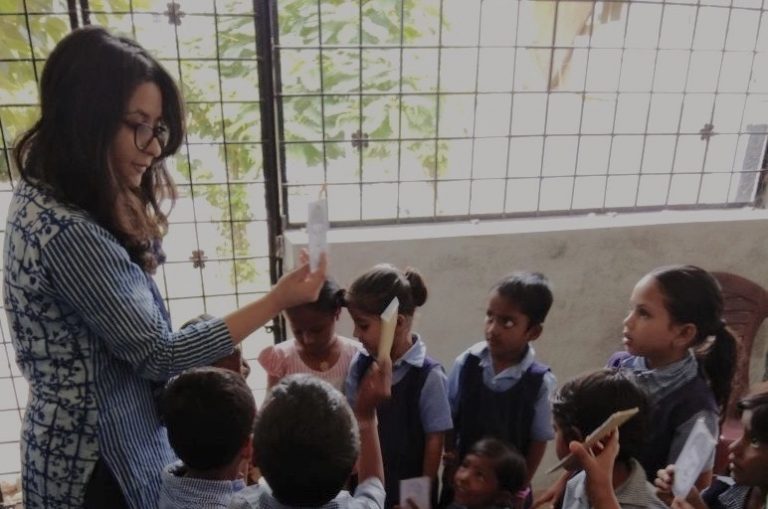Who We Are
The fact that Indian children are not learning to read or write very proficiently is fairly widely known. The ASER annual reports document this dismal picture year after year – with little improvement shown over the years. “Fixing” early literacy is not an easy task. The solutions don’t lie simplistically in finding the “right methods”, or teaching the “right skills”. Early literacy and language learning in India occur in complex landscapes characterized by rich linguistic diversity, and riddled with deep socioeconomic divides, poor teacher education, and a somewhat poorly functioning educational system. Debates related to issues such as medium of instruction and language planning and policy making abound. In this context, a key need is to facilitate conversations around important issues, as well as to contribute to knowledge creation and dissemination. In a country with poorly prepared language professionals it is also important to help prepare a cadre of professionals in this domain; as well as to help build visibility for the domain in policy-making circles.
Recognizing this to be an area of significant concern, the Tata Trusts funded a three-year (2017-2019) domain building initiative at the Tata Institute of Social Sciences (TISS)-Hyderabad. While anchored largely at TISS-Hyderabad, satellite projects also exist at Ambedkar University, Delhi; and at Bangalore, Karnataka. Unlike NGOs engaged in direct action, ELI is largely a university-based initiative invested in teaching; knowledge creation and dissemination; and outreach and advocacy. At the same time, a core commitment of the ELI is to respond to “burning issues” on the ground. Efforts at creating new knowledge will balance, for example, action research projects with more traditionally academic projects.
This website serves two functions. It will represent ELI’s ongoing work. We also wish to collaborate, network and represent issues which are relevant to practitioners on the field. Therefore, the content on this website will be drawn from a variety of sources from ELI and from other individuals and organisations working in Early Language and Literacy.
